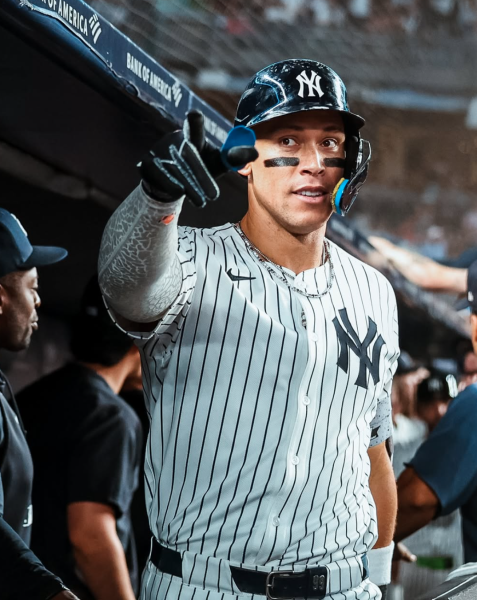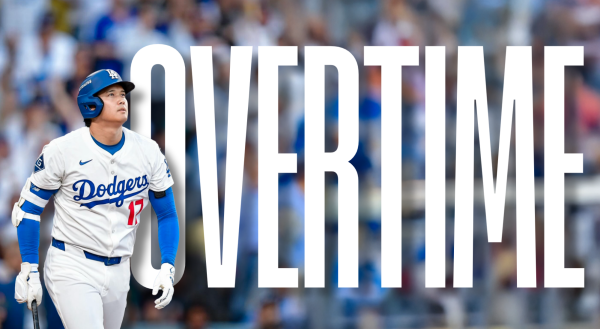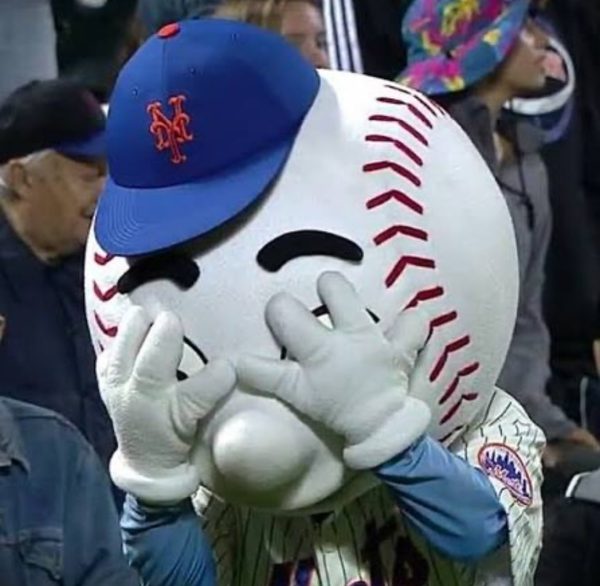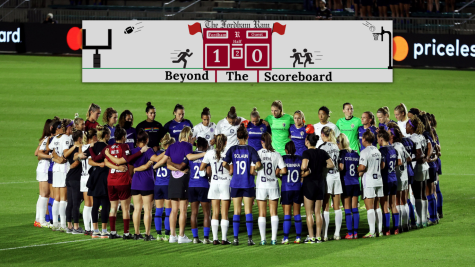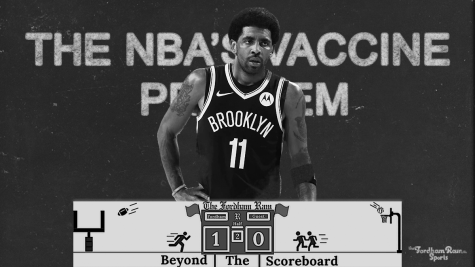Beyond the Scoreboard: Signs of the Apocalypse
Folks, the Houston Astros are back in the public eye again.
An investigation by The Athletic has found Houston guilty of stealing signs, a baseball practice as old as peanuts and crackerjack. According to “The Cheater’s Guide to Baseball,” the first known interception of baseball signals came courtesy of the National Association’s Hartford Dark Blues … in 1876. Ulysses S. Grant was the president of the United States.
But this time, things are different. The MLB has recently instituted new restrictions on where teams can film games electronically, so as to reduce this practice, which is an attempt to find out what the pitcher is throwing so that the batter can better time his swing. The Astros did this two years ago and — evidently — did so a little too well.
According to The Athletic’s Ken Rosenthal and Evan Drellich, the Astros electronically stole signs in 2017, the year they won the World Series. The system was simple: the team rigged its center-field camera to a video feed in the tunnel just steps from its dugout. When team officials had deciphered that a breaking ball was coming, one would loudly bang a trash can underneath the television. This information was relayed to Rosenthal and Drellich by A’s pitcher Mike Fiers, who left the team after the season and alerted his new teams — the Tigers and A’s — as to what was happening.
If you find his story utterly preposterous, just remember that baseball is the most ridiculous sport in America and quite possibly the world. Unwritten rules exist for the sole purpose of old heads keeping the game’s new guard in line, while teams like the Astros violate the written rules.
However, when you get past the total absurdity of baseball — there are many other things I could get into here — what the Astros did is no different than what players and teams do in other sports. Everyone who plays the games is trying to win — unless you’re carefully observing “the process” — and to do so, teams will do certain things. Players are the same way, especially when money and incentives are on the line.
Countless players, especially in baseball, have taken performance-enhancing drugs to improve their performance. This practice wasn’t illegal until 2004 in the sport. In 2007, Sen. George Mitchell was the lead investigator of two eponymous reports that ripped the lip off the “secret” we already knew: Players like Mark McGwire, Sammy Sosa, Barry Bonds, Rafael Palmeiro and others were taking steroids. After the Mitchell Report, big names like Alex Rodriguez, Ryan Braun, Nelson Cruz and Bartolo Colon were implicated in a scandal that alleged they obtained performance-enhancing drugs, including human growth hormone, from a clinic called Biogenesis in Florida.
From a team perspective, though, every team is looking for a small advantage to win. As soon as the Astros story broke, sanctimonious fans of other teams broke out of their Twitter egg existences to rip the organization to shreds. To be clear, what Houston did is a problem, and this incident is the latest embarrassment for an organization that has clearly established that it only thinks in the form of crunching numbers. But the problem with this criticism is that, according to this excerpt from Rosenthal and Drellich, the Astros are not alone.
“To this point, the public’s understanding of sign stealing mostly rests on anonymous second-hand conjecture and finger-pointing. But inside the game, there is a belief which is treated by players and staff as fact: That illegal sign stealing, particularly through advanced technology, is everywhere.”
Everywhere is a fairly large space to exist in. That begs the question: Why was the public so shaken to its core to hear of this story?
The reason why is that it represents an intersection of a hated villain (the Astros) and a practice that, though hated in baseball circles, is incredibly common in a sport that is supposed to clamp down on these things. Ten percent of all current MLB managers were in the Astros’ clubhouse on a daily basis (Houston manager A.J. Hinch, Red Sox manager Alex Cora and Mets manager Carlos Beltran) that year, and Cora and Beltran could face discipline for their actions. But the only thing separating the Astros from the rest of baseball, in this instance, is that they have been caught.
In fact, there’s evidence that the Astros are still doing it. The Yankees complained of a high-pitched whistling sound during this year’s ALCS when their pitchers were on the mound, and MLB confirmed that this was taking place, without confirming who was doing it. A more recent, informal investigation by well-known Twitter personality Jomboy — who has found himself at the center of this discussion with video breakdowns demonstrating how the Astros got away with this — found that someone in or around Houston’s dugout was whistling during Game 2, with Yankees closer Aroldis Chapman on the mound, to signal an impending breaking ball.
Over the course of the past five years, the Astros went from striking out the most in the American League to striking out the least. Part of the reason why was because they knew exactly what was coming from opposing pitchers.
And that, my friends, is why sign-stealing won’t be going away without significant intervention from Major League Baseball.






































































































































































































